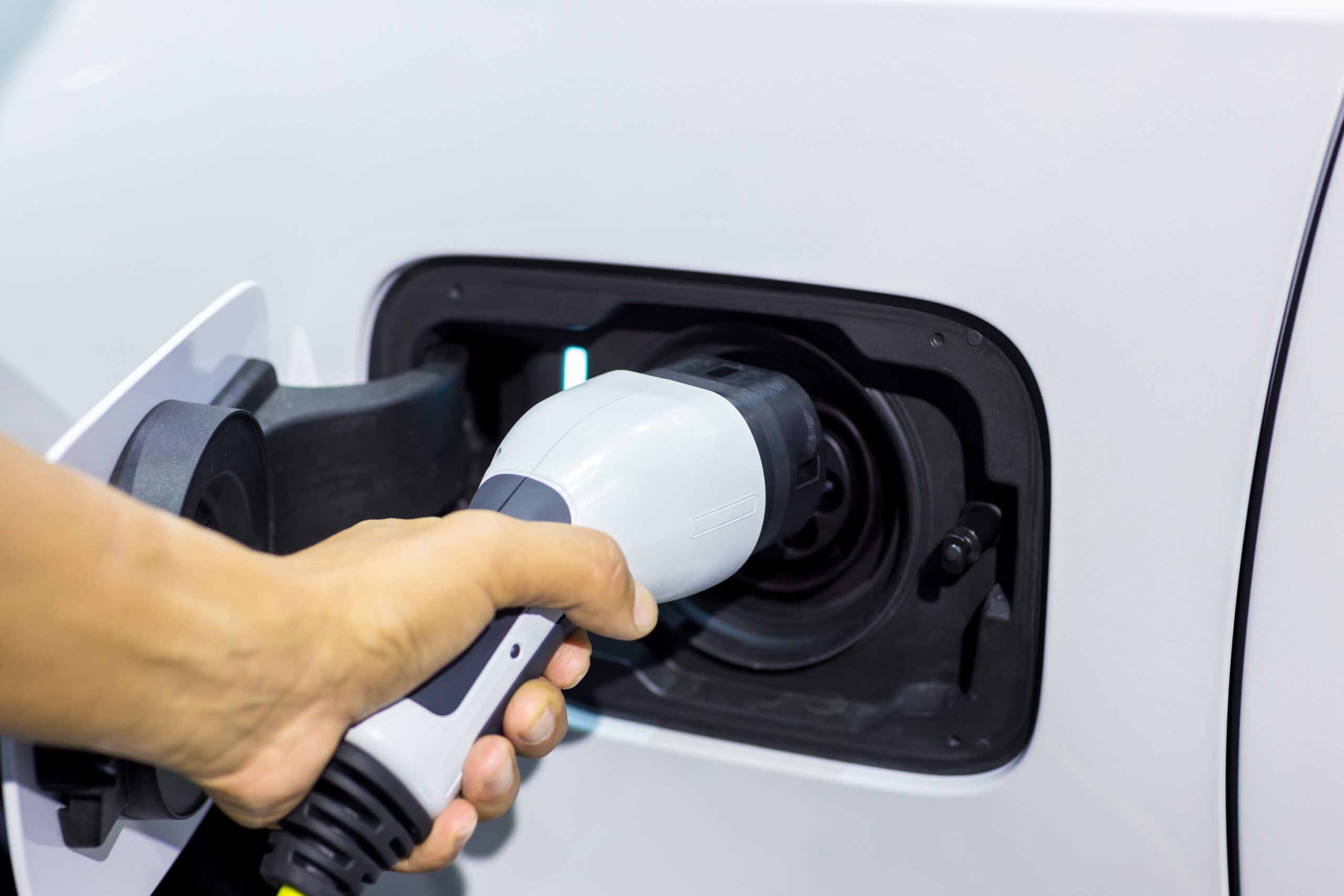Dangers of Electric Vehicles in the UK: October’s Disturbing Stories

Brian Morrison, a 53-year-old resident of Glasgow, faced a terrifying ordeal when his brand new electric car[1] seemed to take on a life of its own. As he was driving home, his MG ZS EV, a fully electric vehicle[2], apparently malfunctioned. With brakes that didn't respond and a speed stuck at 30mph, Morrison found himself a prisoner in his own car.
"I realised something was wrong when I was coming up to a roundabout, and went to slow down - but it didn't do it," Morrison recounted the harrowing experience. Despite the late hour, close to 10 pm, the risk to Morrison and others on the road was undeniable. "It might not sound like it is very fast, but when you have no control over the speed and you're completely stuck inside it's terrifying," he added. In desperation, he called the emergency services[3].
The responders, clearly unprepared for such a situation, asked if it was a self-driving car. The situation was so dire that police vehicles had to intervene, finally bringing Morrison's car to a halt by allowing it to crash slowly into a police van. A Police Scotland spokesperson commented on the incident, "Around 10.35 pm on Sunday, 1 October, we received a report of a driver unable to stop his electric car on the A803 heading towards Kirkintilloch."
The Family Car: When Trust Turns to Trauma
Another incident in Buckinghamshire involved Dr.
Ravpreet Kaur and her BMW iX, an GBP80,000 electric vehicle. Kaur was taking her young son to nursery when the car's driver assist suddenly engaged, causing it to accelerate from 50mph to over 65mph, zigzagging uncontrollably. "It felt like the car was wrestling against me," Kaur shared her ordeal.
Harman Singh, Kaur's husband and an NHS heart specialist, expressed his deep concerns, "My wife...was so traumatised by the experience that she has refused to ride or take our son in our other electric car." A truck driver who witnessed the crash shared that the car was "far too fast" for the conditions, only coming to a stop after a collision with a lamppost.
More from News
Technical Failures Are Not Isolated Incidents
These aren't isolated cases. Chloe Scott-Moncrieff and Oli Jones, owners of a Hyundai Ioniq 5, reported mysterious battery drains, doors locking on their own, and even a chilling incident where Jones found himself trapped inside the car.
Duncan McClure Fisher, CEO of Motoreasy backed Intelligent Motoring, provided some insight into the situation. Contrary to the popular belief that electric vehicles (EVs) are less prone to technical issues, he admitted, "While there remains a perception that EVs have fewer moving parts...in reality, we're seeing an equivalent mix of failures to petrol and diesel vehicles."
The Contradictory Data
Despite the alarming stories, recent data from GRIDSERVE suggests that EVs fare better in MOT tests. With a pass rate of 86.9%, electric cars seem to outperform their diesel (82.4% pass rate) and petrol (81.3% pass rate) counterparts.
The Ongoing Chat
With warranty claims for electric vehicles skyrocketing, especially with average payouts now at GBP2,200, a 390% increase from the previous year, it's clear that more research and development might be necessary to ensure the safety of these vehicles.
While many champion the transition to greener transport options, stories like these underline the importance of ensuring that safety standards are maintained.
After all, what's the point of driving into a cleaner future if we can't guarantee it'll be a safer one
References
- ^ electric car (techround.co.uk)
- ^ fully electric vehicle (techround.co.uk)
- ^ emergency services (techround.co.uk)